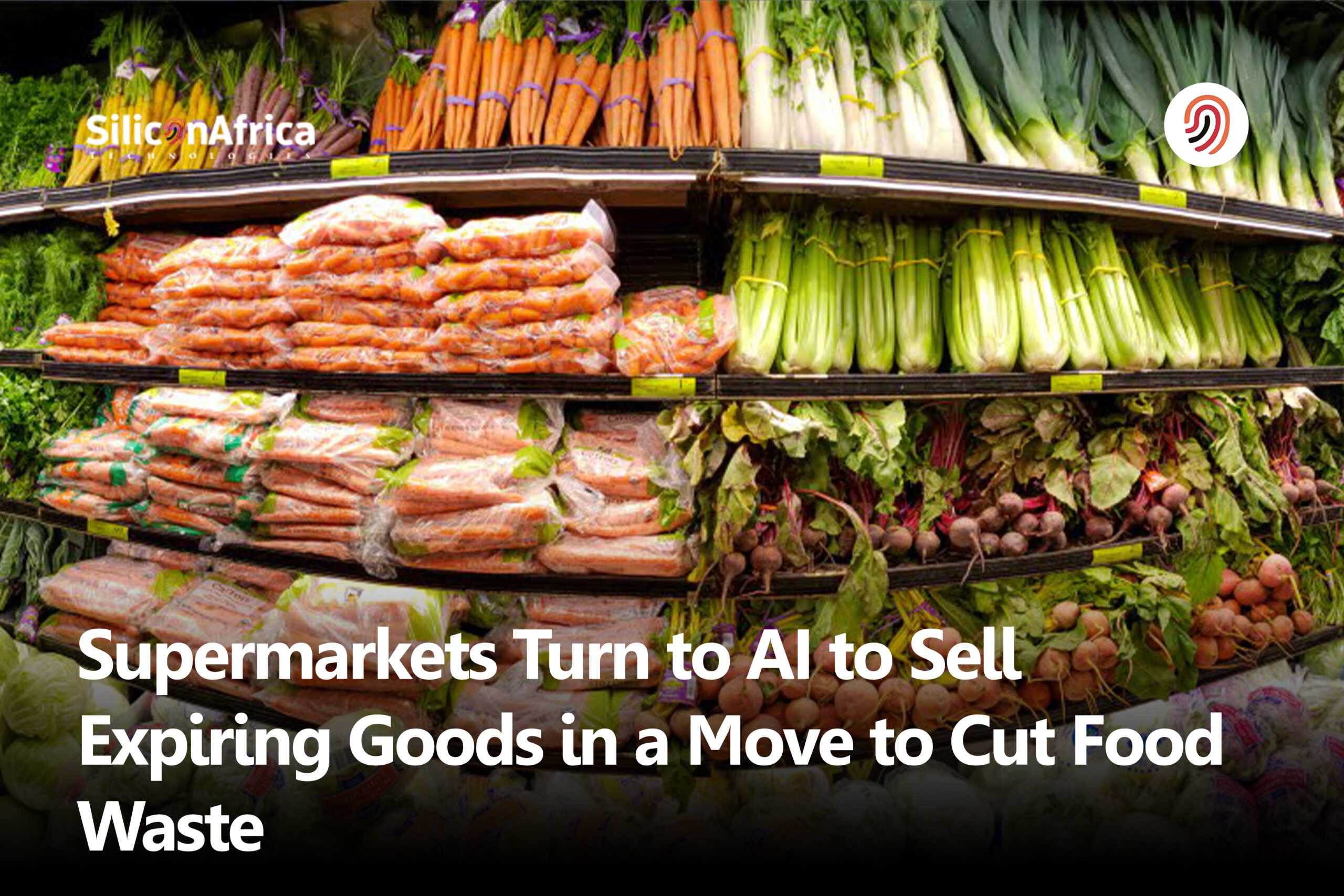Physical Address
60 Ekwema Cres, Layout 460281, Imo
Physical Address
60 Ekwema Cres, Layout 460281, Imo

Supermarkets are turning to artificial intelligence (AI) to sell more near-expired goods and cut food waste.
According to a recent report, supermarkets are missing out on untapped revenue from selling food that’s about to expire, as store workers waste hours searching for it.
The use of AI technology can help supermarkets identify and sell expiring goods before they go to waste. This move is part of a broader effort to reduce food waste, which is a significant problem globally.
One example of a company using AI to reduce food waste is Too Good To Go, a mobile app that connects customers with local restaurants and supermarkets to purchase surplus food at a discounted price. The app has been successful in reducing food waste and has saved over 100 million meals globally.
Another example is Albertsons, which has deployed fresh food optimization technology from Afresh Technologies, an AI-driven platform, across its entire store fleet to achieve a 50% reduction in the company’s food waste.
The use of AI technology can help supermarkets reduce food waste by predicting demand and optimizing inventory management. For example, Ida, a French startup, has developed a tablet app connected to a sales forecasting algorithm that guides humans when it’s time to order.
The app is starting with vegetables and fruits, but it could soon expand to other shelves, such as meat and fish. By focusing on perishable goods, Ida aims to help supermarkets reduce food waste and increase profits.
The benefits of this AI-powered approach are tangible. Supermarkets report significant reductions in food waste, leading to financial savings and a positive environmental impact.
Consumers, meanwhile, have access to fresh, high-quality food at reduced prices, making their grocery budget stretch further. Additionally, the convenience of personalized recommendations and the thrill of surprise bags add a playful element to the grocery experience.
The use of AI technology in the food industry is not without its challenges. John Clear, a director in Alvarez & Marsal’s consumer retail group, cautioned food retailers from solely relying on the technology as a complete solution.
Specifically, Clear noted that grocers need to have good standards and processes in place first before they implement AI technology. Also, concerns regarding data privacy and potential bias in algorithms need to be addressed. Moreover, ensuring equitable access to this technology across all socioeconomic demographics is crucial.
Despite these challenges, the integration of AI into supermarket operations represents a significant step forward in the fight against food waste. By embracing this technology, supermarkets and platforms like Too Good To Go are paving the way for a more sustainable future, where delicious food finds its way onto plates, not into landfills.
The revolution in supermarket aisles is underway, driven by AI and fueled by a shared desire for a world where good food never goes to waste.